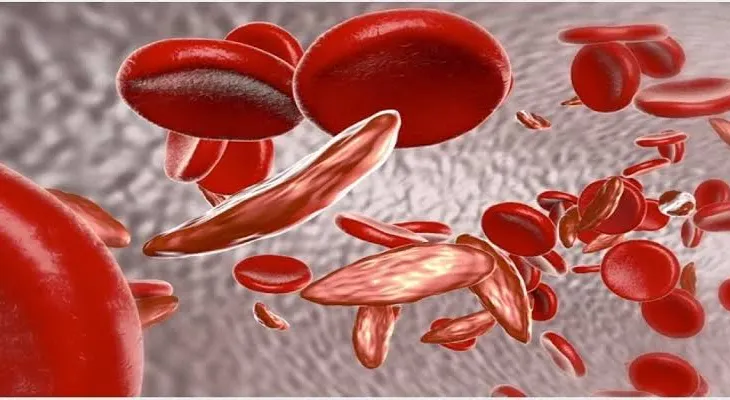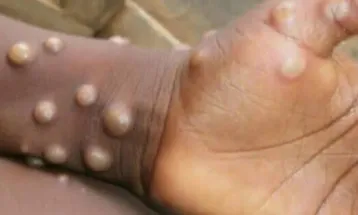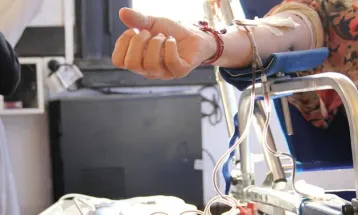
Over 4,000 Sierra Leoneans Diagnosed with Sickle Cell Disease
In its ongoing fight against Sickle Cell Disease (SCD) in Sierra Leone, the Sierra Leone Sickle Cell Society (SLSCS) has reaffirmed its commitment to raising awareness and enhancing understanding of this widespread genetic disorder.
Under the leadership of Program Coordinator Mrs. Amelia Eva Gabba, the SLSCS, in collaboration with RAMSAY Medical Laboratories, has conducted 4,585 confirmatory tests over the years. Of these, 3,357 individuals tested positive for Hb SS, and 10.5% showed Hb AS.
This year marks a significant milestone as the Ministry of Health has formed the Sickle Cell Task Force. “We have come a long way in understanding this disease, but there is much more to learn. We aim to scale up our work and invite everyone to join the fight against SCD in Sierra Leone,” stated Mrs. Gabba. She revealed that the SLSCS, along with their partners, commemorated the 16th World Sickle Cell Day, established by the United Nations General Assembly in 2008 and first observed on June 19, 2009.
Mrs. Gabba emphasized that while significant progress has been made, there is a substantial need for broader community engagement. Raising awareness about SCD is a shared effort, and there are several ways individuals can get involved:
- **Educate Yourself**: Understanding SCD is the first step towards advocacy. Mrs. Gabba urges everyone to visit the SLSCS office at 25 Thomas Street or 88 Kissy Road to learn more about SCD.
- **Spread Awareness**: Utilize social media to share facts, personal stories, and information about SCD. Encouraging others to do the same amplifies the message.
- **Participate in Events**: Attend or organize events related to SCD awareness, including walks, seminars, conferences, or fundraisers. Partner with local or national organizations focused on SCD advocacy.
- **Advocate for Research Funding**: Increased funding for SCD research is crucial. Write letters to policymakers, participate in campaigns, and support organizations dedicated to finding a cure.
- **Support SCD Organizations**: Contributions to organizations like the SLSCS or other local bodies are invaluable. Donations aid in research, patient support, and awareness programs.
- **Organize Blood Drives**: SCD patients often require blood transfusions. Organizing blood drives ensures a steady supply of blood for those in need.
- **Share Personal Stories**: Personal stories can create empathy and inspire action. If you or someone you know has been affected by SCD, share your story.
- **Collaborate with Healthcare Providers**: Working with healthcare professionals is essential for promoting awareness and early diagnosis. Encouraging regular screenings can significantly impact the management of SCD.
- **Promote World Sickle Cell Day**: Engage with community events on June 19 to raise awareness and celebrate World Sickle Cell Day.
The SLSCS also highlighted the importance of advocacy at the governmental level. The organization calls on the government of Sierra Leone to:
- Collaborate with local SCD organizations and engage with patients and caregivers to better understand their daily struggles.
- Provide newborn screening services and follow-up care. Ensure early testing for SCD and support for affected mothers and babies.
- Make healthcare facilities more accessible for SCD patients and their caregivers.
To all Sierra Leoneans, Mrs. Gabba’s message is clear: “Know your genotype.” By taking simple blood tests, individuals can gain crucial information that can prevent the spread and impact of SCD. The SLSCS remains committed to its mission and calls on every citizen to join in the fight against SCD, fostering a healthier future for all.

















